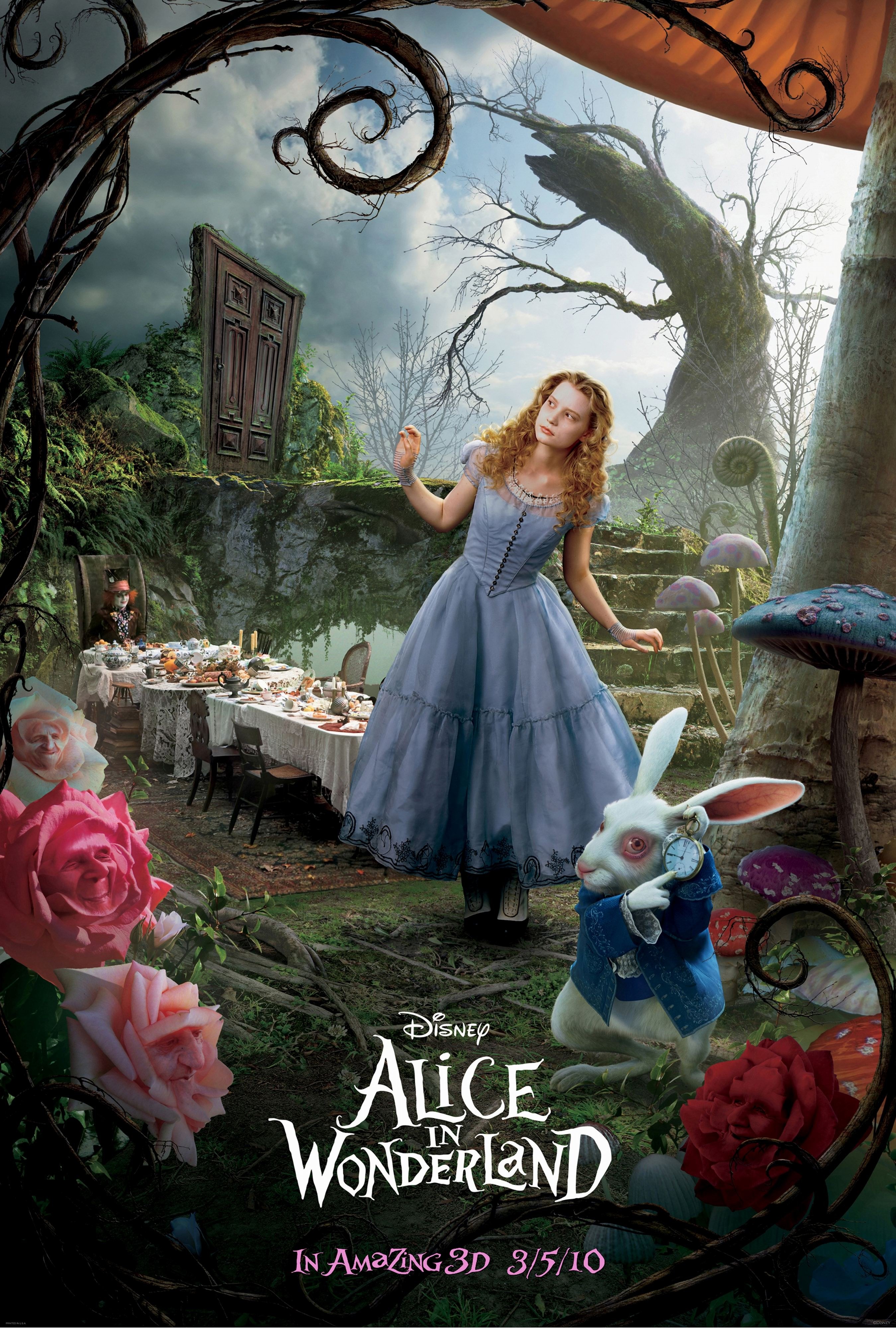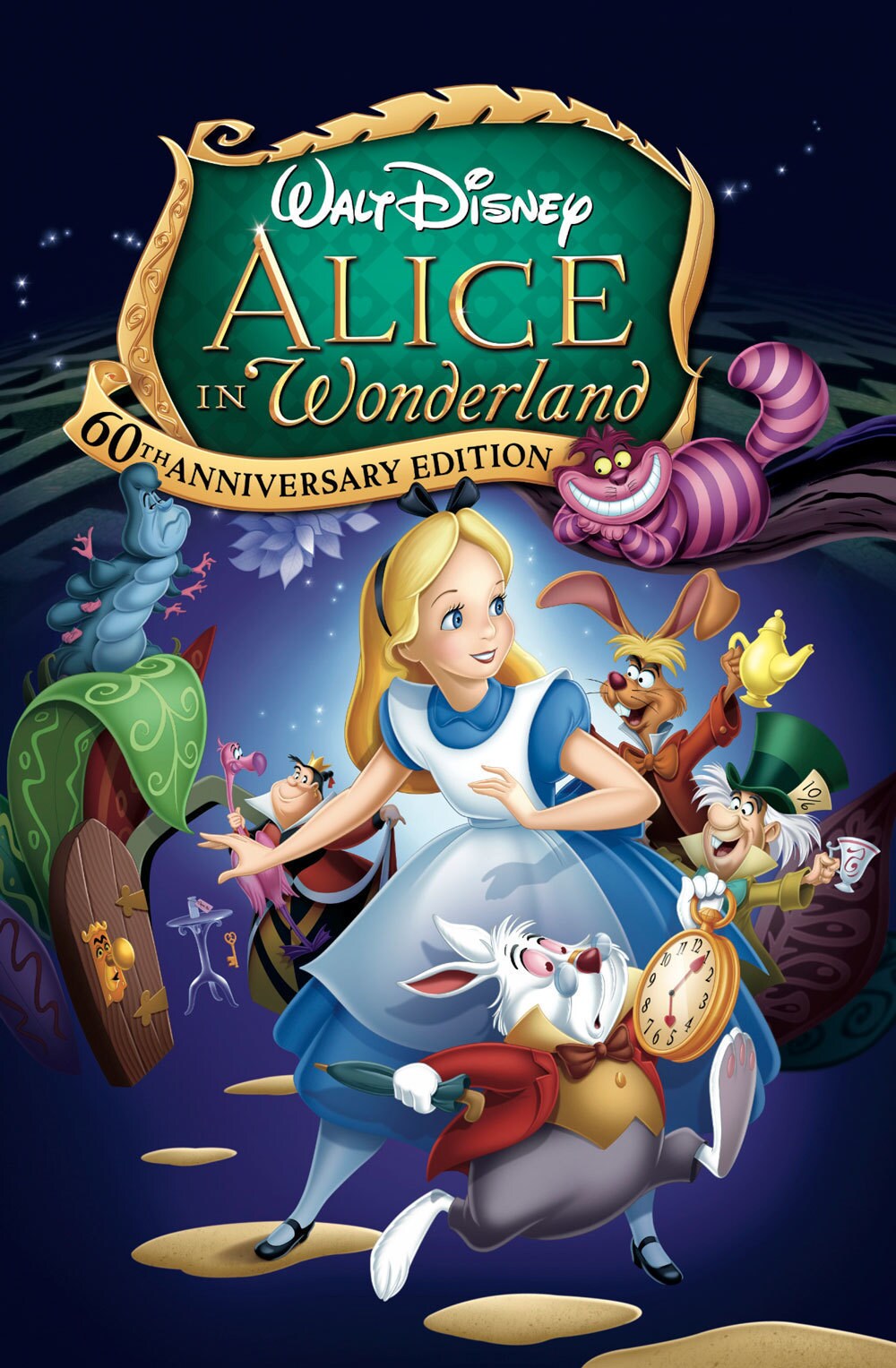Alice Rosenblum Fapello - Exploring Digital Footprints
When we think about names and how they show up online, it's almost like a reflection of our digital selves. Sometimes, a name like 'Alice' can pop up in so many different places, from discussions about keyboard layouts to chats about personal identity. It truly makes you wonder about the many ways people connect and share things in our interconnected world.
You know, the online space is a pretty interesting spot where names, hobbies, and even personal feelings seem to intertwine. We often see how certain names carry a sort of 'vibe' or a particular feel, and this can be quite different depending on where you are or who you're talking to. It's a fascinating look into how our identities, both real and digital, get shaped and perceived by others.
This discussion, then, is about looking at how names and digital interactions come together, maybe even touching on some less common corners of the internet. We'll be exploring some ideas about what it means to have an online presence, especially when it involves something as simple yet complex as a name like Alice, and how it relates to broader online activities, perhaps even things connected to 'alice rosenblum fapello' in a more general sense.
Table of Contents
- A Name Like Alice: More Than Just Letters
- The Alice Keyboard Layout: A Comforting Design?
- Alice Rosenblum Fapello: What Do Online Spaces Tell Us?
- Digital Content and Personal Connection: Is There a Link?
- Exploring Niche Online Hobbies: What About 'alice rosenblum fapello'?
- Online Identity and Perception: How Do Others See Us?
- The Alice Name and Its Cultural Resonance
- A Recap of Our Digital Exploration
A Name Like Alice: More Than Just Letters
Understanding the Layers of 'Alice Rosenblum Fapello'
When you hear a name, it very often brings with it a certain feeling or a set of ideas. For instance, the name Alice, as a matter of fact, is typically seen as quite European and rather old-fashioned. It's not the kind of name you hear every day in Western countries these days, so it stands to reason that seeing someone with an Asian background using it could strike some people as a little unexpected, or perhaps even counter-intuitive. This sort of reaction, you know, is usually not meant to be unkind. It's more often just a casual observation, maybe a bit of light teasing, about how names carry different cultural weights and expectations.
It's interesting, too, how people who speak English tend to have a very specific 'sense' or impression about many common names. Take Selena, for example; that name, apparently, often comes with a sort of glamorous or appealing feeling already built right in. But Alice, on the other hand, can have a distinctly different feeling. Some might even describe it as having a strong, almost 'acidic' quality, which is a rather unusual way to think about a name, but it does highlight how subjective our perceptions can be. This contrast in how names are felt or understood is really quite something, showing how personal and cultural backgrounds shape our views.
So, when we consider a phrase like 'Alice Rosenblum Fapello', it's not just about a string of words. It brings up questions about how a name, perhaps like Alice, gets woven into various online contexts. It makes us think about how individual identity, even if it's just a name, can connect with different types of digital spaces and content. We see how names become part of a larger conversation, appearing in discussions that might range from technical hobbies to broader cultural perceptions, which is pretty fascinating if you ask me.
Personal Details and Bio Data of the Name "Alice"
Since we're talking about the name Alice and its presence, here's a little breakdown of how it's described and perceived, based on what we've gathered. This isn't about a person, but rather the characteristics and feelings associated with the name itself, which is quite interesting in its own right.
| Aspect of "Alice" | Description from Text |
|---|---|
| Name Origin | Very European, classical |
| Current Usage | Not very common in Western countries today |
| Perception | Can feel "acidic"; carries a certain "vibe" |
| Online Presence | Linked to English learning accounts, keyboard layouts |
| Cultural Impact | English speakers have specific "feelings" about common names |
The Alice Keyboard Layout: A Comforting Design?
Moving from names to something a bit more tangible, the Alice layout for mechanical keyboards is something that has really gained a following. This particular arrangement of keys, you see, is all about making typing more comfortable. It's designed to help reduce how much you twist your wrists and generally lessen the strain you might feel when spending a lot of time at your computer. It's truly a human-friendly approach to keyboard design, aiming for a better experience for anyone who types a good deal.
There are quite a few different keyboard layouts out there, like 68, 75, 80, 87, 98, and 104 keys, and the Alice layout is one of these. When you're picking out keycaps for these, you really need to pay attention to whether the space bar and other bigger keys will fit just right. Often, choosing a full set of keycaps, the kind that includes pretty much everything, can work for most keyboard arrangements. It just makes things a lot simpler, you know, when you're trying to get everything to match up perfectly.
The original Alice layout, as a matter of fact, was a bit smaller, around a 65% size. While that's rather compact, it wasn't always the most convenient for folks who play games a lot or use their computer for daily tasks. But now, you can find upgraded versions, like the Keychron V10, which takes that classic Alice idea and expands it to a 75% layout. This change makes it much more comfortable and useful for both gamers and everyday users, which is a pretty welcome improvement.
It's pretty clear that more and more mass-produced mechanical keyboards are embracing the Alice layout. Companies like Keychron, Feker, and Akko have all released their own versions of Alice ergonomic keyboards. I mean, I actually have Alice keyboards from all three of these brands, and it's quite something to see the variety. Keychron, in particular, offers the most options when it comes to Alice layouts, including their aluminum Q8 and Q10 models, as well as plastic versions. This widespread adoption shows just how much people appreciate the comfort and design of this specific layout.
Speaking of Feker, they've got some very well-regarded keyboards that use custom standards for mass production, which means you get a really high level of quality. These particular keyboards often feature a tri-mode RGB setup and a Gasket structure, which really contributes to a great feel and typing experience. It's pretty cool how these companies are bringing what used to be custom, niche designs to a wider audience, making comfortable typing accessible to more people. This kind of innovation, you know, truly changes how we interact with our computers every single day.
Alice Rosenblum Fapello: What Do Online Spaces Tell Us?
When we consider phrases like 'Alice Rosenblum Fapello', it often brings to mind the vast and varied landscape of online content. The internet, you see, is a place where all sorts of things exist, from discussions about ergonomic keyboards to different kinds of digital entertainment. It’s a space where people share interests, connect over hobbies, and sometimes, stumble upon content that might be considered a bit outside the norm. This broad range of material, naturally, is part of what makes the internet such a unique and, in some respects, unpredictable place to explore.
There's a mention in some discussions, for example, about "涩涩game" – which can be understood as adult or naughty games. It's noted that finding games with good actual gameplay in this particular category is quite rare. These types of games, often styled like Metroidvania action games, can be pretty challenging for players who might not be the most skilled, or as some might say, "handicapped" in terms of their gaming abilities. It’s a bit of a niche, to be honest, and it highlights how certain kinds of online content cater to very specific tastes and skill levels.
But then again, it’s also pretty common knowledge that most people don't initially get into these kinds of games purely for the gameplay. I mean, who can really say for sure what the gameplay will be like before they try it? This observation, you know, points to the fact that people are often drawn to online content for reasons beyond just the technical aspects or the mechanics of a game. It could be curiosity, or perhaps the themes, or just the sheer novelty of it all. This applies broadly to many types of online content, including what might be found under a search like 'alice rosenblum fapello', where the appeal might be multi-faceted and not always about traditional "quality" metrics.
Digital Content and Personal Connection: Is There a Link?
The way we interact with digital content, and how that content connects to our personal lives, is a really interesting area to consider. It’s not just about consuming information or entertainment; it’s also about how these digital pieces become part of our broader experience. For instance, you might follow a public account, like "Alice Teaches English" (Alice讲英语), which has quite a following, boasting hundreds of answers and thousands of likes. This kind of online presence shows how individuals can build communities around specific topics, sharing knowledge and connecting with others who have similar interests.
This idea of personal connection through digital content extends to many areas. Whether it's learning a language, discussing a hobby like mechanical keyboards, or exploring different types of games, there's always a human element involved. People are looking for something that resonates with them, something that speaks to their interests or curiosity. So, in a way, even a phrase like 'alice rosenblum fapello' could represent a point of interest for some, a kind of digital beacon that draws people in based on what they are looking for online. It’s all part of the vast network of human interaction that happens across the internet, linking individuals to content and to each other in various ways.
The very nature of online content means that it's often shared, discussed, and reacted to by many different people. This creates a kind of collective experience, where individual pieces of content become part of a larger conversation. It’s this shared experience, really, that forms the backbone of many online communities. So, when we think about any specific piece of digital content, or even a name associated with it, it’s worth remembering that it exists within this wider context of human connection and shared interest, which is pretty neat.
Exploring Niche Online Hobbies: What About 'alice rosenblum fapello'?
Niche hobbies truly thrive in online spaces, and mechanical keyboards, with their various layouts and customization options, are a prime example. The discussion around different keyboard arrangements like 68, 75, 80, 87, 98, 104, and the Alice layout, shows just how dedicated and particular enthusiasts can be. These are not just tools; for many, they are a passion, a way to express personal preference and seek out the perfect typing feel. It’s about the details, you know, like making sure the space bar and other larger keys fit just right when you’re choosing keycaps.
The fact that full keycap sets are often recommended because they can fit most keyboard arrangements, like MOA or EOA keycaps, speaks to the depth of this hobby. People really get into the specifics, trying to find the best components for their setup. This kind of dedication to a niche interest is something you see across the internet, whether it’s for keyboards, specific types of games, or any other specialized area. It’s pretty cool how people find their tribes online, connecting over shared enthusiasms that might seem obscure to outsiders.
And so, when a phrase like 'alice rosenblum fapello' surfaces, it could very well point to another one of these niche corners of the internet. Just as there are communities built around ergonomic keyboard designs and specific keycap types, there are also communities that form around different kinds of digital content, including those that might be considered more adult or specialized. The internet, you see, provides a platform for pretty much every interest imaginable, no matter how specific or unconventional it might seem. This allows for a vast array of communities to exist and flourish, each with its own unique discussions and shared experiences.
Online Identity and Perception: How Do Others See Us?
The way we present ourselves online, and how others perceive us, is a rather interesting dance. Our digital identities are shaped by many things, including the names we use. As we discussed, the name Alice, for instance, has a very European, classical feel. It's not a name you hear all that often in Western countries these days, so seeing an Asian person using it could, in some respects, feel a little unexpected to some. This kind of reaction, you know, is often just a casual observation, maybe a bit of lighthearted teasing, and usually not meant to be unkind. It simply highlights how names carry different cultural expectations and associations.
English speakers, generally, have a strong 'feeling' about many common names. A name like Selena, for example, often comes with a sense of allure or attractiveness. Alice, however, can have a very different vibe. Some people might even describe it as having a strong 'acidic' quality, which is quite a peculiar way to think about a name. This is somewhat like how aluminum, in chemistry, is considered neutral, while something like aluminic acid (H3AlO3) shows acidic properties but also a bit of alkalinity. Yet, with Alice, that 'alkalinity' isn't really felt. This comparison, really, shows how subjective and varied our perceptions of names can be, influencing how we view a person, even before we know much about them.
So, when we encounter a phrase like 'alice rosenblum fapello', it brings up the broader question of online identity and how names become associated with certain content or platforms. It makes us think about how people are seen in digital spaces, and how a name, combined with online activity, can create a public persona. This persona, naturally, might be quite different from a person's real-life identity, and it's a fascinating aspect of our modern, connected world. It's all about how digital traces come together to form an impression in the minds of others.
The Alice Name and Its Cultural Resonance
The name Alice, in a way, carries a significant amount of cultural weight, especially in Western contexts. It's a name that has been around for a long time, often associated with classical literature and a certain kind of timeless elegance. However,

Alice in Wonderland Short Story - Dream Little Star

poster | Alice in Wonderland (2010) poster | Filme alice no país das

Alice in Wonderland | Disney Movies